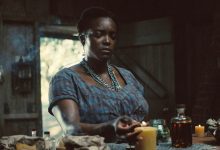How ‘Paradise’ Composer Siddhartha Khosla Crafted the Show’s “Spielbergian Score”
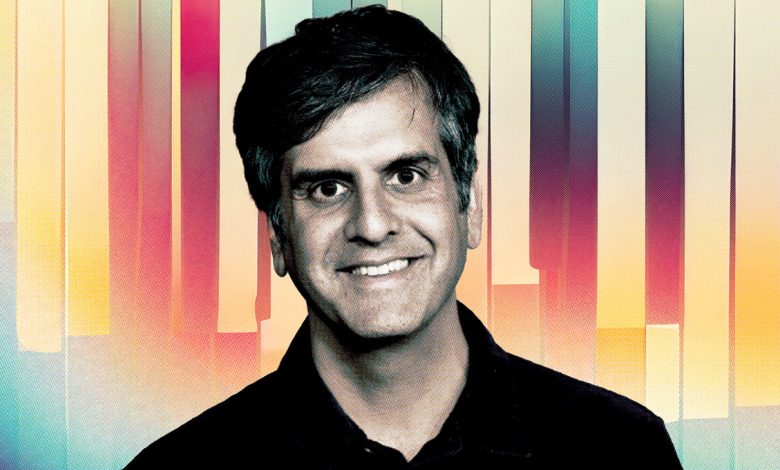
When most people receive an email from Dan Fogelman, particularly one with the subject line “For Your Eyes Only,” they open it right away. Siddhartha Khosla is not most people.
For months, the composer, a former college roommate of Fogelman’s who has worked on his NBC drama This Is Us and the Hulu mystery comedy Only Murders in the Building, sat on the script for the postapocalyptic thriller Paradise. “It’s sort of my procrastination,” he tells THR. “It’s inherent in my process, and then when I get to work, I get to work.” Yet even Khosla can admit he stretched the bounds of said process with the latest Hulu series.
“I saw Dan one time and he was like, ‘Did you read the Paradise script yet?’ And I was like, ‘No,’ and he said, ‘Well, we have a meeting with Disney executives in two days to talk about tone and the vibe. I want you on that call.’ Then he said, ‘You can just play the theme on your piano.’ “
Trouble is, Khosla didn’t have a clue what the show was about, much less a score. But true to his word about when he gets to work, “I went home and I read the script, and then immediately I heard something,” he says.
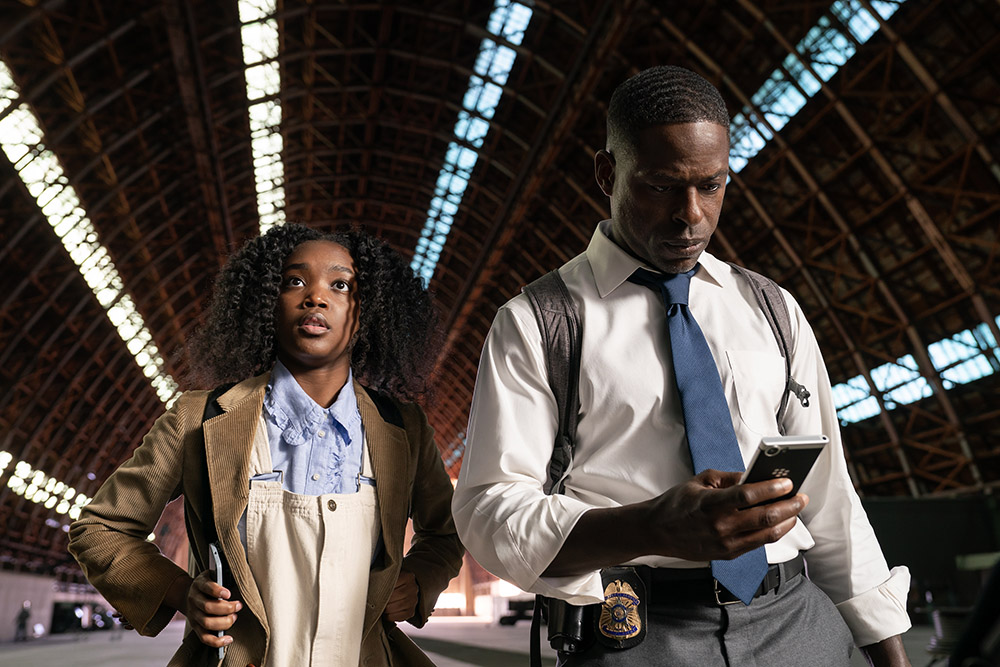
What Khosla heard is what audiences hear two minutes into the pilot, when Secret Service agent Xavier Collins, played by Sterling K. Brown, goes on a run through the neighborhood (which viewers don’t know yet is an underground bunker city).
“I always say it’s our Spielbergian theme; this is our universe,” says Khosla. “This is the emotional theme that connects everybody in the new world that has been established to the old world. It’s about the relationships lost.”
Khosla wanted the score to be as grounded as possible, noting the sci-fi nature of the series as secondary to the exploration of human connection within it. To that end, he drew from film concepts like E.T. rather than score references during the creative process. “We wanted to feel like these people were trapped inside this world, sometimes against their own control. So I created the score as a series of loops, just looping and looping and looping, and it doesn’t stop,” he says.
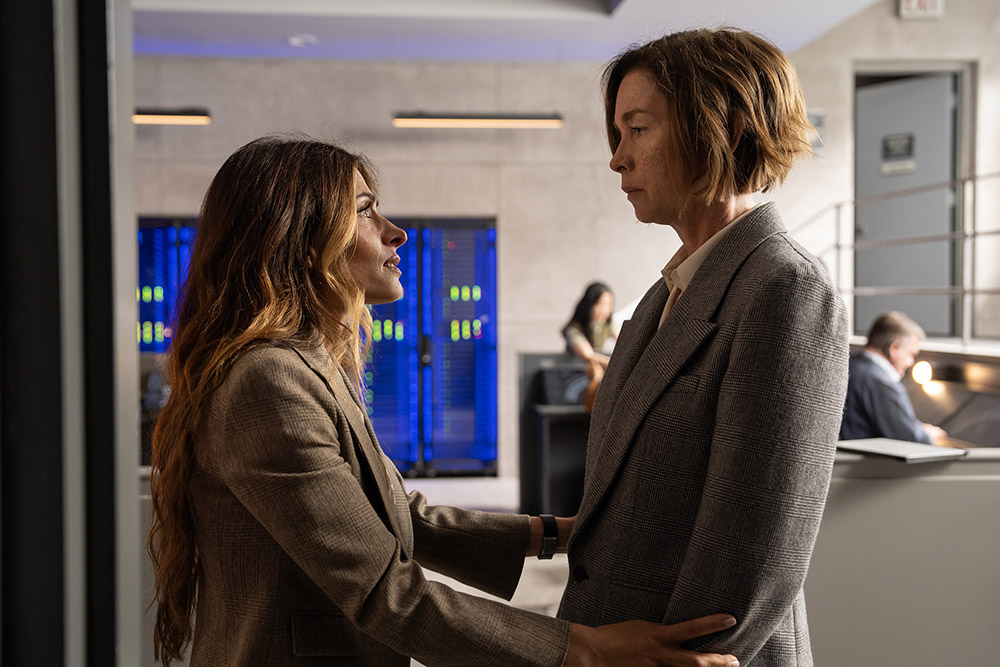
Khosla and his team produced many original sounds themselves. “I wasn’t using a keyboard and pushing a button,” he explains. “I was taking pieces of live string and orchestral performances that we were recording. I was singing on the score and holding a note for 30 seconds and just repeating it over and over again, and then adding and creating this universe where I created these organic textures and looping them so we were almost in this infinite loop of something inescapable.”
There’s a bit of a real-life metaphor in that process: in sonically capturing that sensation, Khosla was able to free himself artistically.
“The thing you realize in this business is that it’s very easy to get pigeonholed. People think you can only do certain things based on the last thing you did or based on the thing you’re most well-known for,” he says. “It’s human nature for someone to be like, ‘You did This Is Us; you don’t know how to score a thriller. … I had that challenge when I went to Only Murders in the Building. I had to prove that I could do this other thing that was in me. … So there were moments of this that were horrifying [because] a thriller was a very different thing that I had not worked on.”
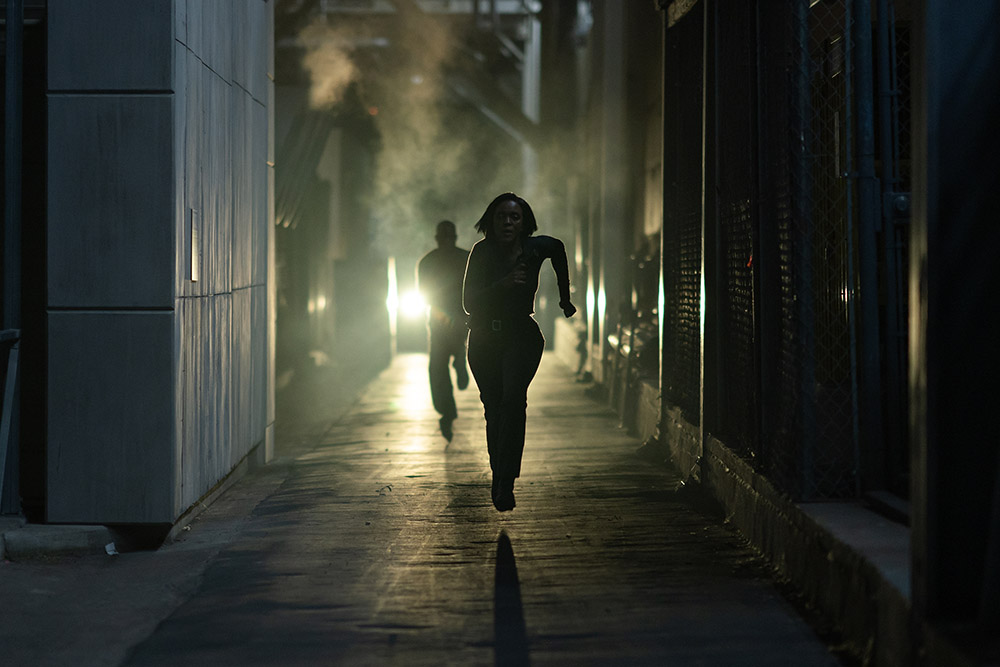
That he nailed the composition so swiftly is a testament to his expertise, though of that tale of procrastination, Khosla insists, “I don’t want to come across like I’m cocky.”
Adding that he and Fogelman have a long-standing “beautiful artistic partnership,” he concludes: “It’s more that it’s just the way we roll.”
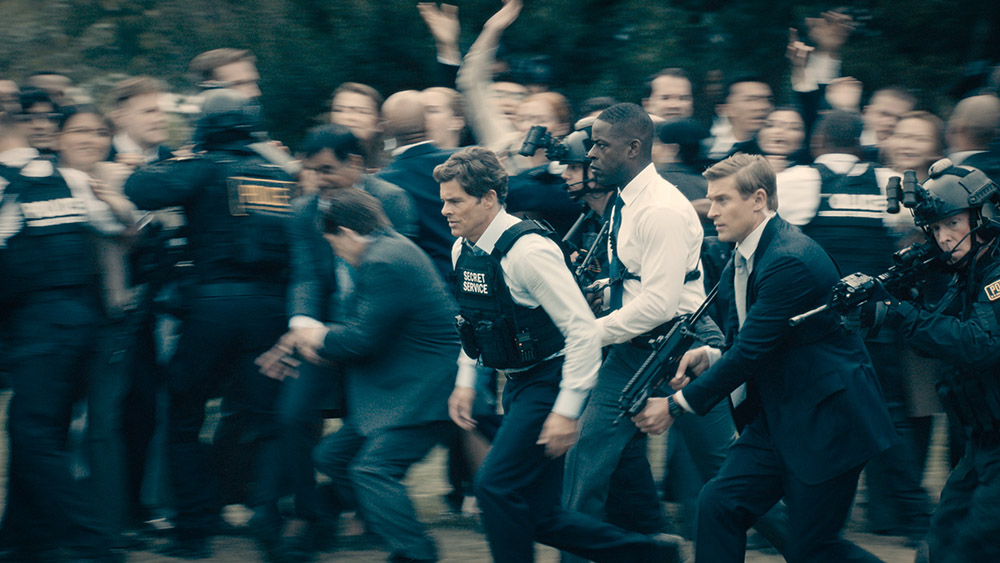
Source: Hollywoodreporter
HiCelebNews online magazine publishes interesting content every day in the TV section of the entertainment category. Follow us to read the latest news.
Related Posts
- ‘Awards Chatter’ Live Pod: Adam Brody on His Journey From ‘The O.C.’ to ‘Nobody Wants This’ — and Getting Some Respect
- Rachel Brosnahan to Lead ‘Presumed Innocent’ Season 2 at Apple TV+
- Dionne Warwick, Jamie Foxx Among Those Paying Tribute to Sly Stone: “May He Rest in Paradise”
- Patrick Schwarzenegger Joins Margaret Qualley in Romantic Drama ‘Love of Your Life’
- Christopher Knight Says 'My Folks Would Not Have Existed Much Longer' Without His Brady Bunch Paycheck as a Child



